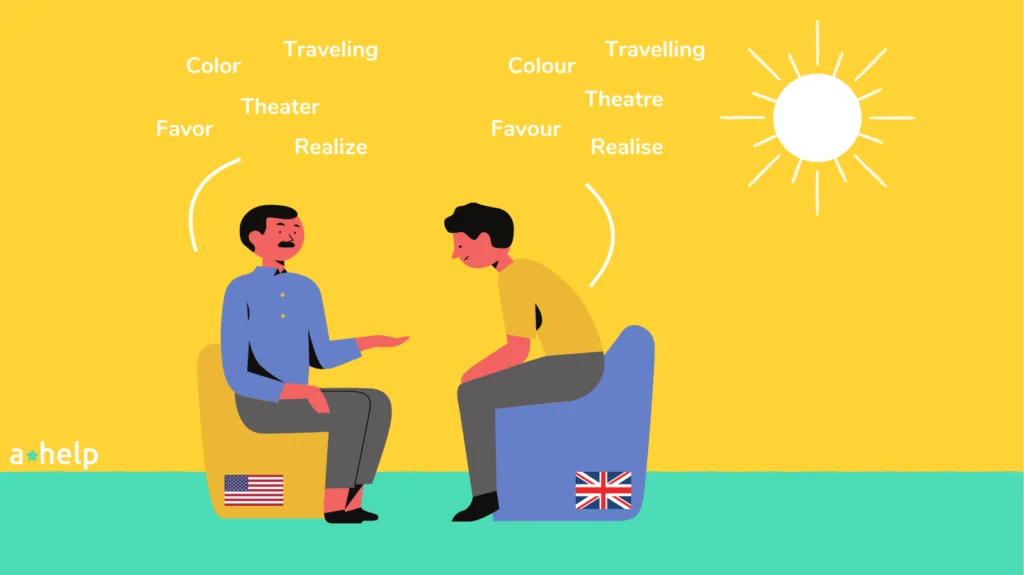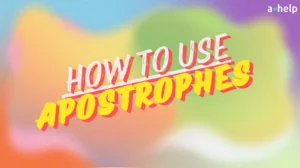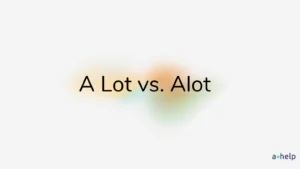Have you ever wondered why some folks struggle with spelling? It’s not just about remembering how to string letters together; it’s about remembering rules that often have more exceptions than the spelling bee champion has trophies.

✅ AI Essay Writer ✅ AI Detector ✅ Plagchecker ✅ Paraphraser
✅ Summarizer ✅ Citation Generator
Many people find spelling challenging because English borrows words from so many other languages, each with its own set of rules. This mix creates a complicated picture where you often find silent letters sneaking in, making words like ‘knight’ or ‘psychology’ a tricky thing. Furthermore, phonetics plays a huge role in it. In English, the same sounds can be spelled differently in different words, which is confusing. Think about the ‘f’ sound in ‘phone’ versus ‘elephant.’ And then, there are homophones, words that sound the same but have different meanings and spellings, like ‘to,’ ‘two,’ and ‘too.’
As we discuss this topic, we’ll explore more about why spelling can be such a stumbling block and discover some tricks to get better at it. So, if spelling has always been your nemesis, stick around (or just use a spelling checker). We might just find a way to turn those spelling lemons into lemonade!
What Is Spelling?
Spelling is essentially the act of forming words correctly from their letters. When you spell, you arrange letters in the correct order to create words, just like putting the pieces of a puzzle together to complete a picture. In English, spelling rules can seem tricky because they come from a variety of sources. Most of the spelling guidelines fit into a few key categories:
- Phonetic Spelling. This involves spelling words the way they sound. However, English isn’t always phonetic (think of the word “knight”), which can lead to confusion.
- Morphological Spelling. This category relates to the structure of words. It involves understanding the roots of words, which often come from Latin or Greek, and how different prefixes or suffixes change the meaning and spelling of a word. For example, adding “-tion” at the end of a verb like “operate” changes it to “operation.”
- Etymological Spelling. Some English words have kept their original spelling from other languages, even if it doesn’t match the current pronunciation. For example, the “b” in “debt” is silent but reflects its Latin origin, “debitum.”
This basically explains why there is so many rules to follow and the reason behind spelling being hard for so many people. However, there are several easy tips to improve your spelling efforts and remember the correct ways to do so.

Tips and Techniques on How to Spell Words Correctly
Knowing how to spell can greatly improve your writing and boost your confidence in communication, especially if English isn’t your native language. Whether you’re writing a note, an email, or a school assignment, you have to know how to spell (duh!). Here are three practical tips to help you get it right.
🌟 Read Regularly. One of the simplest and most effective ways to improve your spelling is by reading widely. Exposure to written words in novels, newspapers, and magazines allows you to see how words are correctly spelled in different contexts. For instance, seeing the word “necessary” in your favorite novel can help you remember that it has one ‘c’ and two ‘s’s.
🌟 Use Mnemonics. Mnemonics are memory aids that help you remember how to spell tricky words. For example, for the word “because,” you can use the mnemonic “Big Elephants Can Always Understand Small Elephants.” This technique breaks the word into simpler, more memorable parts, making it easier to recall.
🌟 Practice with Writing Exercises. The more you write, the better your spelling will become. Take time to engage in writing exercises, such as keeping a journal or composing short stories. Use a dictionary to check words you’re unsure about, and make a note of words you find difficult to remember. Over time, these words will become a natural part of your vocabulary.
Remember, consistency is vital — only regular practice will lead to noticeable improvement.
Top 30 Most Commonly Misspelled Words
Spelling errors can happen to anyone, even the best of writers. From emails to essays, correct spelling is needed for clear communication. Below is a list of the top 30 most commonly misspelled words along with their correct spellings and common mistakes. Keep this guide handy to enhance your writing accuracy and avoid common pitfalls.
- ❌ Wrong: Acommodate, Accomodate
- ✅ Right: Accommodate
- ❌ Wrong: Recieve
- ✅ Right: Receive
- ❌ Wrong: Definately, Definitly
- ✅ Right: Definitely
- ❌ Wrong: Seperate
- ✅ Right: Separate
- ❌ Wrong: Neccessary, Necesary
- ✅ Right: Necessary
- ❌ Wrong: Occured, Ocurred
- ✅ Right: Occurred
- ❌ Wrong: Concensus
- ✅ Right: Consensus
- ❌ Wrong: Embarass, Embarras
- ✅ Right: Embarrass
- ❌ Wrong: Judgement
- ✅ Right: Judgment
- ❌ Wrong: Privelege, Priviledge
- ✅ Right: Privilege
- ❌ Wrong: Supercede
- ✅ Right: Supersede
- ❌ Wrong: Harrass, Haras
- ✅ Right: Harass
- ❌ Wrong: Reccommend, Recomend
- ✅ Right: Recommend
- ❌ Wrong: Maintainance
- ✅ Right: Maintenance
- ❌ Wrong: Missspell, Misspel
- ✅ Right: Misspell
- ❌ Wrong: Ocurrence, Occurence
- ✅ Right: Occurrence
- ❌ Wrong: Questionaire
- ✅ Right: Questionnaire
- ❌ Wrong: Consciencious, Conscienctious
- ✅ Right: Conscientious
- ❌ Wrong: Unecessary, Unneccessary
- ✅ Right: Unnecessary
- ❌ Wrong: Acknowledgement
- ✅ Right: Acknowledgment
- ❌ Wrong: Conscince
- ✅ Right: Conscience
- ❌ Wrong: Embarassment, Embarrasment
- ✅ Right: Embarrassment
- ❌ Wrong: Liason, Liasion
- ✅ Right: Liaison
- ❌ Wrong: Millenium, Milennium
- ✅ Right: Millennium
- ❌ Wrong: Ocassionally, Occassionally
- ✅ Right: Occasionally
- ❌ Wrong: Perseverence
- ✅ Right: Perseverance
- ❌ Wrong: Relevent
- ✅ Right: Relevant
- ❌ Wrong: Treshold
- ✅ Right: Threshold
- ❌ Wrong: Vacum, Vaccum
- ✅ Right: Vacuum
FAQ
Follow us on Reddit for more insights and updates.





Comments (0)
Welcome to A*Help comments!
We’re all about debate and discussion at A*Help.
We value the diverse opinions of users, so you may find points of view that you don’t agree with. And that’s cool. However, there are certain things we’re not OK with: attempts to manipulate our data in any way, for example, or the posting of discriminative, offensive, hateful, or disparaging material.